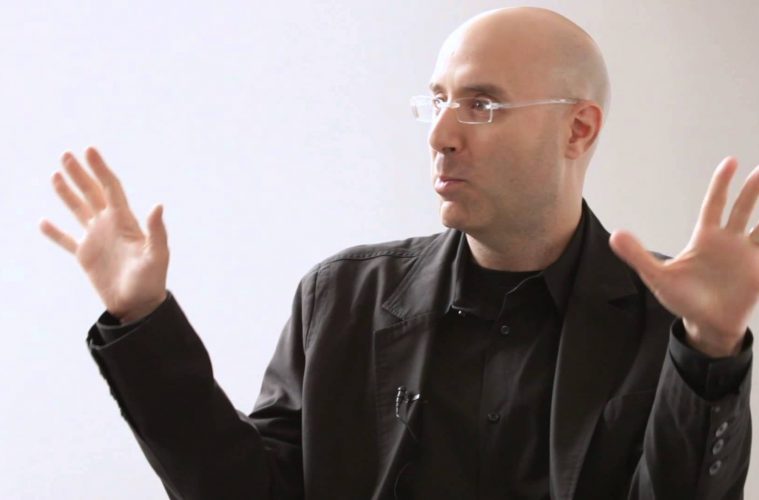For day two’s NAMM U Breakfast Session at The NAMM Show in Anaheim, Calif, Mitch Joel presented on digital disruptions and the way business is transforming to match consumer habits.
The session focused, mainly, around the “big bad wolf,” called disruption, and the “three little pigs” that businesses can rely on as guides, namely digital transformation, innovation and transactions.
Digital Transformation
Understanding digital transformation, Joel explained, is just as much about looking out as it is about looking in. Of course, retailers need to adapt to new technologies in their day-to-day, but it’s also about understanding the transformation occurring online right now.
The major trend that we see businesses taking advantage of digitally is providing image-based content in a mobile-first environment that is social by nature. We can consider this the modern, digital experience.
In discussing the experience consumers have gotten used to with apps like Tinder, Joel explained that people expect more from their digital experience than they’re likely getting from from the MI industry. He joked, “someone can find someone to mate with faster than they can find the phone number on your website to call you.”
He continued to hone in on the fact that we live in “the age of efficiency,” where technologies like smart speakers are disrupting older tech, placing it on the back burner (e.g., many see their PC’s as an accessory to their tablets and smartphones, and screens are falling out of favor for voice control).
It became clear throughout the speech that retailers need to adapt much more quickly in the digital realm, based on how far we’ve already been left behind. And this is going to continue to effect our industry in major ways.
Joel commented, “The brands that you sell to your customers are working very aggressively to sell directly [online].” It’s never been easier for brands to ramp up their own digital marketing and sell directly to their online followers, but that shouldn’t stop retailers from taking action and making their own digital transformations; it should actually do the opposite. It’s now or never, really, and the tools are there, and often free to use.
Norman’s Rare Guitars, which specializes in old and vintage guitars, for example, began using YouTube to create videos of its store. Now, the channel has 180,000+ subscribers and a total of around 69-million views. Technology is out there to help brick-and-mortar to succeed. Joel urged, “Embrace the idea of using technology to truly innovate.” And this bring’s us to our second little pig.
Innovation
Much on the topic of innovation focused on providing context of how manufacturers and online retailers are changing the digital landscape. Things like Facebook Messenger allowing payments in-app and the oddity, but major success, of companies who have stores solely on Instagram, utilizing free software like WhatsApp and PayPal for customer support and payments, respectively, are concepts that Joel thought our industry should take notice. Basically, a storefront doesn’t just have to be a landing page on a website.
Transactions
“It’s the little things that create big change,” Joel said. Businesses should try to daisy-chain small micro transactions, such as sign ups and video impressions into major transactions and sales. This combines the last two points, where transforming your digital approach in an innovative way will influence the volume, type and success of transactions your company completes in the digital realm.
On this point, Joel also touched on small-payment subscription services, which he referred to as “The drip.” This is something that is now so prevalent for consumers, it’s impossible to ignore. He explained, “We’re willing to give up everything to have access to everything.”
Joel concluded by acknowledging that our industry is one that promotes an experience, not just products, and that people need music and the music industry. His overall message was clear: MI is ripe for digital transformation, and it’s time to stop lagging behind consumer expectations.


